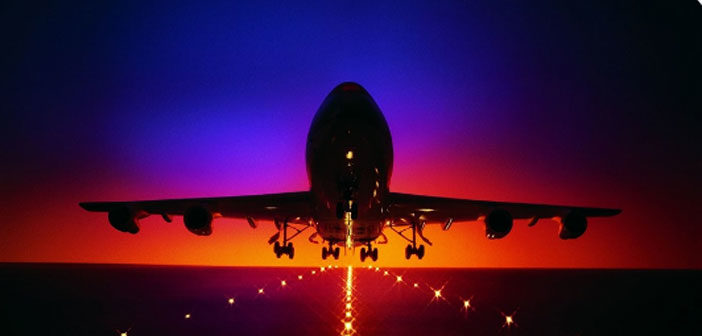It’s every holidaymaker’s worst nightmare. You’ve had that trip booked for months, looking forward to it has been getting you through the day-to-day, you’ve spent ages planning, preparing and packing. And then wham, disaster of one sort or another strikes.
Just like that, it’s all over. Holiday cancelled.
Thanks to COVID-19, holiday cancellations are something that far too many of us have become familiar with. Before the pandemic, it was a rare event. You could count yourself extremely unlucky if something like an airline or tour operator going bust, or some kind of emergency at your destination scuppered your trip.
But for the last couple of years, last-minute holiday cancellations have been anything but a rare event (when we’ve been allowed to travel, that is). A positive COVID test, and that’s it, you’re not getting on that plane. Straight to self-isolation for you.
Or maybe a flare up in COVID cases in the place you’re travelling to caused a lockdown, or the government banned travel to that destination.
And it’s not just cancelled outbound trips that you have to worry about. In some ways, it’s even worse the other way around. Whether it’s being struck down with COVID while you are away or one of those cases where a travel company goes bust, being stranded in your holiday destination is not as fun as it sounds.
Apart from the inconvenience and not being able to get home to work etc, it can leave you seriously out of pocket. Having to pay for hotels last minute, booking new flights etc can be very expensive.
We all hope that the risk of COVID cancellations will start to decline going forward. But that doesn’t mean you won’t fall ill with something else and be forced to miss a flight. Or that financial problems, strikes, natural disasters or anything else won’t lead to your trip being shelved.
So what do you do if your travel plans are hit by a cancellation? What are your rights? How do you protect yourself? Here are a few handy-to-know tips for getting through it.
Get cancellation cover on your travel insurance
The best way to protect yourself financially from any losses arising from a cancellation is to take out travel insurance. But be aware of a couple of things.
When choosing a travel policy, it’s worth looking beyond the price and checking what you will actually be covered for. The cheapest deals might not include cancellation cover. Or have a payout limit less than the cost of your holiday. Take the time to choose a policy that gives you an adequate level of protection.
Second, the reason for the cancellation makes a difference. Many more insurers have added cancellation cover to their travel policies in the wake of the COVID pandemic. But that cover might only relate to COVID-related cancellations, i.e. if you or a member of your family test positive. It’s harder to find policies that offer cover if you’re the one cancelling the trip, even if it’s for a valid reason like illness.
Hold your travel operator to account
Long delays and cancellations do happen with air travel, as they do with all forms of public transport. Most places you travel to, if you have a valid ticket for a flight, a train, a ferry etc, you will be entitled to some sort of refund or compensation. It’s important to read up on your rights and hold the travel operator to this.
A big one is what happens if you get to the airport to fly home and then see your flight is cancelled. In many cases, you’ll be entitled to food and a place to stay until you can be booked onto another flight.
Book a package holiday
Although many airlines and major accommodation booking platforms do operate their own cancellation and compensation policies, they are voluntary. If you want guaranteed protection, you’re safer booking a package holiday.
This is because all package holidays are covered by the ATOL scheme by law. ATOL, or the Air Travel Organiser’s Licence, was primarily set up to protect holidaymakers if their operator went bust and they were left stranded. It guarantees practical support (like food and accommodation), flights home and financial reimbursement.




